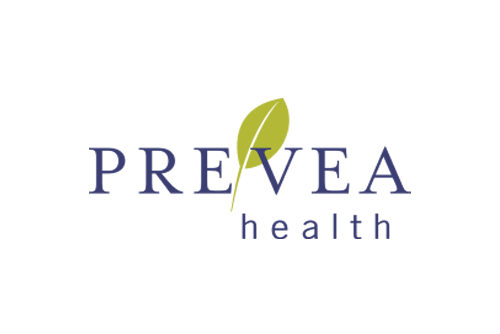If you are worried you have cancer or if you have been recently diagnosed with cancer, a conversation with a navigator will help answer any questions that you may have.
Gastroenterology
Our team of gastroenterology providers can diagnose and treat your digestive health concerns.


Meet our physicians and providers

Adebisi Alimi, MD
Gastroenterologist

Vikas Khullar, MD
Gastroenterologist

Mark Laukka, MD, AGAF
Gastroenterologist

Kwabena Oware Adu-Gyamfi, MD, FACP
Gastroenterologist

Chaitanya Pant, MD
Gastroenterologist

Marla Wolfert, MD
Gastroenterologist

Sally Bowa, APNP, FNP-C
Nurse Practitioner, Gastroenterology

Laura Burns, PA-C
Physician Assistant, Gastroenterology

Celiac disease
Celiac disease is a condition that damages the lining of the small intestine and prevents it from absorbing parts of food that are important for staying healthy. The damage is due to a reaction to eating gluten, which is found in wheat, barley, rye and oats.

Fatty liver disease
Fatty liver disease, also known as Nonalcoholic steatohepatitis (NASH), mirrors alcoholic liver disease, except patients who have it drink very little or no alcohol at all. Patients often experience no symptoms until the disease has progressed.

Gastroesophageal reflux disease (GERD)
GERD, also called acid reflux, is caused by acid in your stomach flowing backward into your esophagus. Without treatment, chronic GERD can cause worsening symptoms and lead to inflammation or ulcers. And, potentially increase your risk of esophageal cancer.

Hepatitis C
Hepatitis C is a liver disease that can stay inside a person’s body and causes long-term illness, and seriously affects a person’s quality of life. The virus can last throughout a person’s lifetime and later cause liver scarring (cirrhosis) or liver cancer.

Inflammatory bowel disease including Crohn’s disease and ulcerative colitis
Inflammation to the lining of your digestive tract and can lead to abdominal pain, severe diarrhea and malnutrition. The inflammation from Crohn's disease can affect all layers and any part of the bowel. Ulcerative colitis only affects the large intestine.

Irritable bowel syndrome (IBS)
IBS is not a disease. It’s a common disorder that causes the large bowel, or colon, which stores stool, to function improperly. Although IBS can cause a great deal of discomfort and distress, it does not cause inflammation or changes in bowel tissue.







